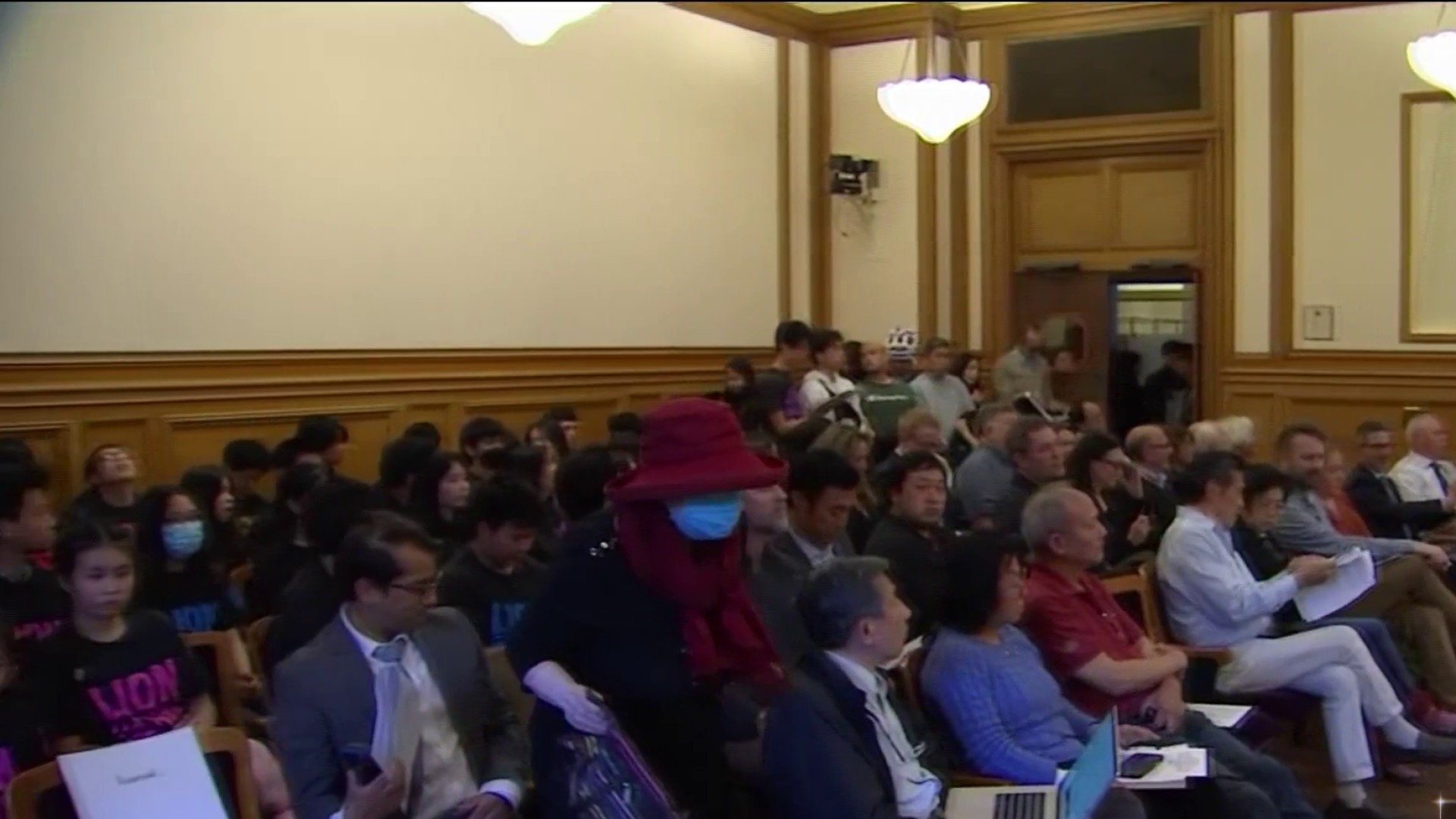The San Francisco city attorney filed a lawsuit on Tuesday against the state of Nevada, claiming it has wrongfully and intentionally bused psychiatric patients to the city and declined to pay the costs connected with their care.
City Attorney Dennis Herrera filed the case in San Francisco Superior Court a day after a deadline he had set for Nevada to strike an agreement with the city. Named as defendants were the state and several Nevada agencies, the Rawson-Neal Psychiatric Hospital in Las Vegas, and state health chief Mike Willden.
"What the defendants have been doing for years is horribly wrong on two levels,'' Herrera said in a statement. "It cruelly victimizes a defenseless population, and punishes jurisdictions for providing health and human services that others won't provide.''
He said he plans to seek class-action status for the case to include other California jurisdictions where patients were sent.
The state is aware of the suit and plans to make its response in court, according to Jennifer Lopez, spokeswoman for Nevada Attorney General Catherine Cortez Masto.
In August, Herrera threatened to sue the state after an investigation that he says identified 500 patients who were discharged from Rawson-Neal and transported to California since 2008.
Of those, he said, 24 people with no prior connection to San Francisco were taken there, and 20 needed medical care shortly after they arrived. Nevada officials pushed back this week, saying they had sent Herrera documents that ``demonstrate that the policies are appropriate and that proper discharges were made.''
Local
"You made a demand for approximately $500,000 but you fail to provide details to support your claim including how you identified the 20 patients,'' Nevada Chief Deputy Attorney General Linda C. Anderson wrote in a letter dated Monday.
"Moreover, you do not provide sufficient explanation of your legal theory or standing for the initiation of a lawsuit by you on behalf of the `affected California cities and counties.'''
Officials with the Nevada Department of Health and Human Services said they have conducted their own review of 1,473 bus tickets purchased in the past five years, which account for about 5 percent of total discharges.
In 10 of those cases, Nevada officials said there wasn't enough documentation to know whether hospital staff had confirmed there was a support structure waiting for the patient at their destination. Since the issue came to light in March, health officials said, discharge policies have been strengthened to ensure a patient has support at their destination, several employees have been fired, and more than $30 million has been added to the budget to fund mental health services.
Anderson contended both states are impacted by patients moving across state lines, citing a recent report of a woman with mental illness who was sent from California to Nevada. She added that many patients in Nevada's mental health facilities are California residents.
"We believe that government officials would benefit from better communication and collaboration on protocols to address the needs of these patients rather than trying to allocate financial responsibility through litigation,'' Anderson wrote.
Herrera told The Associated Press Tuesday that while state officials say they've adopted better patient discharge protocol, Nevada has not signed on to a set of policies put forth by San Francisco, and the two parties haven't had a meeting on the issue. ``I don't have a heck of a lot of confidence in what they have to say judging on what they've said in the past,'' he said.



